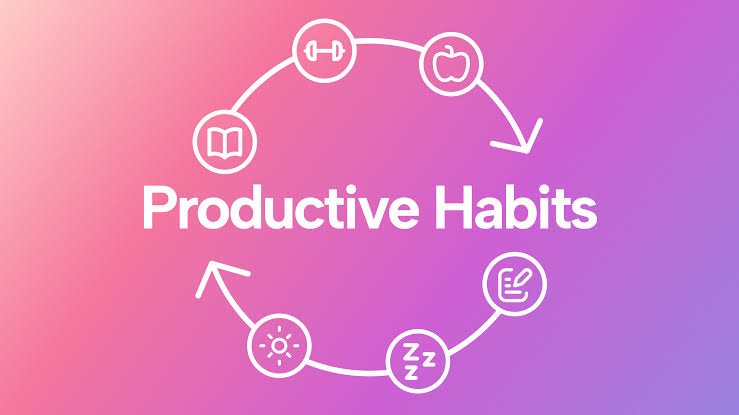Tips to help you easily fall asleep

Have you ever laid in bed, eyes wide open, wondering why sleep just won’t come—like something is missing but you can’t quite place it? If that sounds familiar, this is for you.
Falling asleep doesn’t have to feel like a battle, especially if you’re not dealing with any medical sleep disorders. Sometimes, all you need is the right environment and a few helpful tricks to guide your body into rest mode. Here are some simple yet effective tips to help you drift off faster:
1. Read a boring book or magazine
It might sound funny, but reading something dry or unexciting can tire your brain out. Avoid suspenseful novels or anything that keeps your curiosity alive—go for that outdated textbook or a random brochure instead. It helps quiet the mind and gently nudges you toward sleep.
2. Play a soothing song or lullaby
Soft, calming music—like instrumental tunes, ocean sounds, or classic lullabies—can help slow your heart rate and relax your nerves. Avoid lyrics that might trigger emotions or thoughts. The key is to create a calming atmosphere that lulls your senses to sleep.
3. Turn off the lights
Darkness signals your body that it’s time to rest. Bright lights, especially from phones or screens, can confuse your brain and delay melatonin production. Try dimming the lights an hour before bed and turning everything off when it's sleep time.
4. Clear your mind and just lie still
Overthinking is one of the biggest sleep thieves. Instead of replaying the day’s events or worrying about tomorrow, try focusing on your breathing. You can also use techniques like counting slowly or visualizing calm scenes to help quiet your thoughts.
5. Try using sleep glasses
Blue light-blocking glasses can be a game changer, especially if you're often on your phone or laptop before bed. They help reduce the effects of screen exposure that can interfere with your sleep cycle. Pop them on an hour before bedtime to help your body wind down.
Bonus Tip:
Establish a bedtime routineOur bodies love consistency. Going to bed and waking up at the same time every day—even on weekends—helps regulate your internal clock. Pair that with relaxing habits like skincare, journaling, or gentle stretching, and your body will soon get the hint: it’s time to rest.




